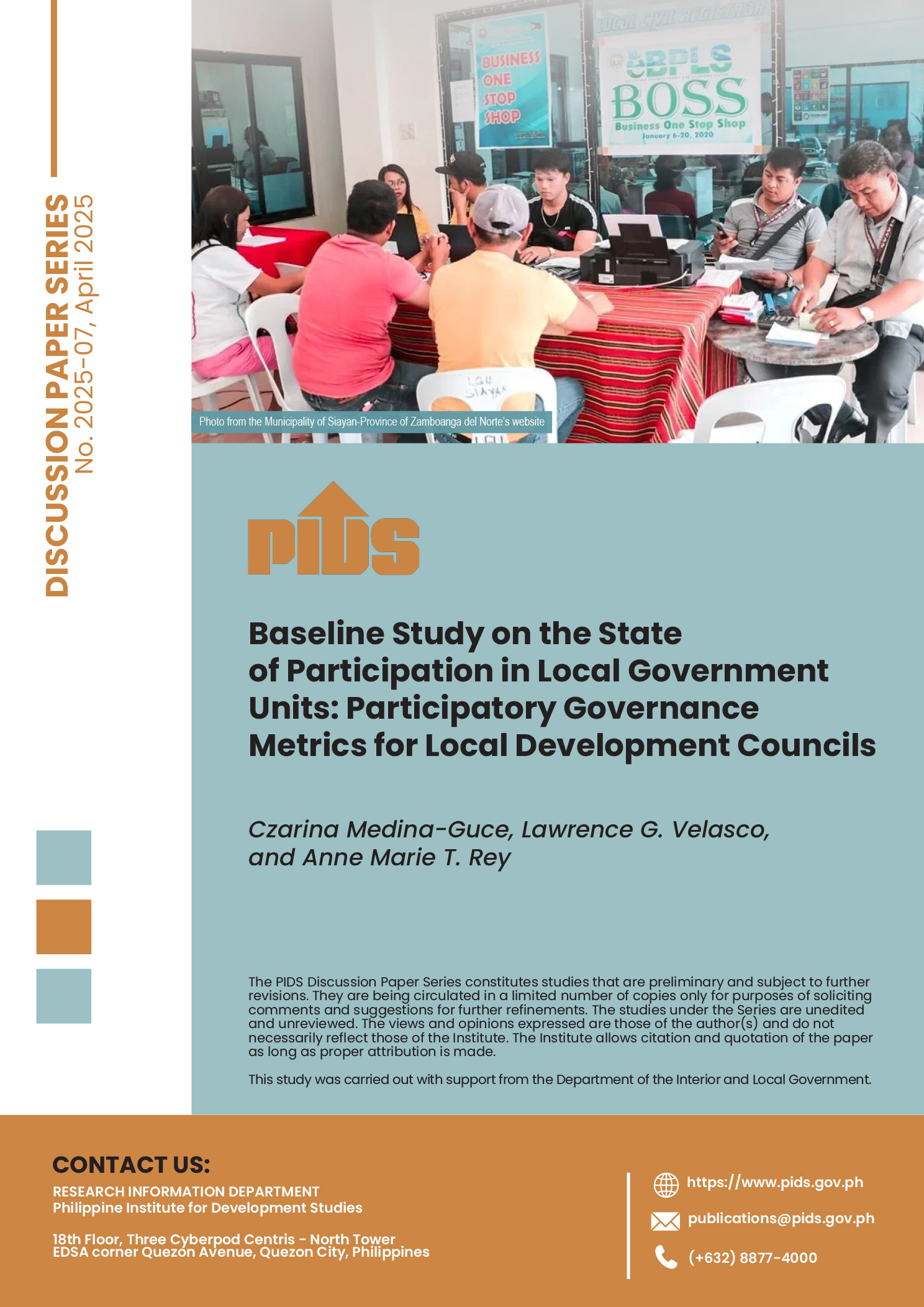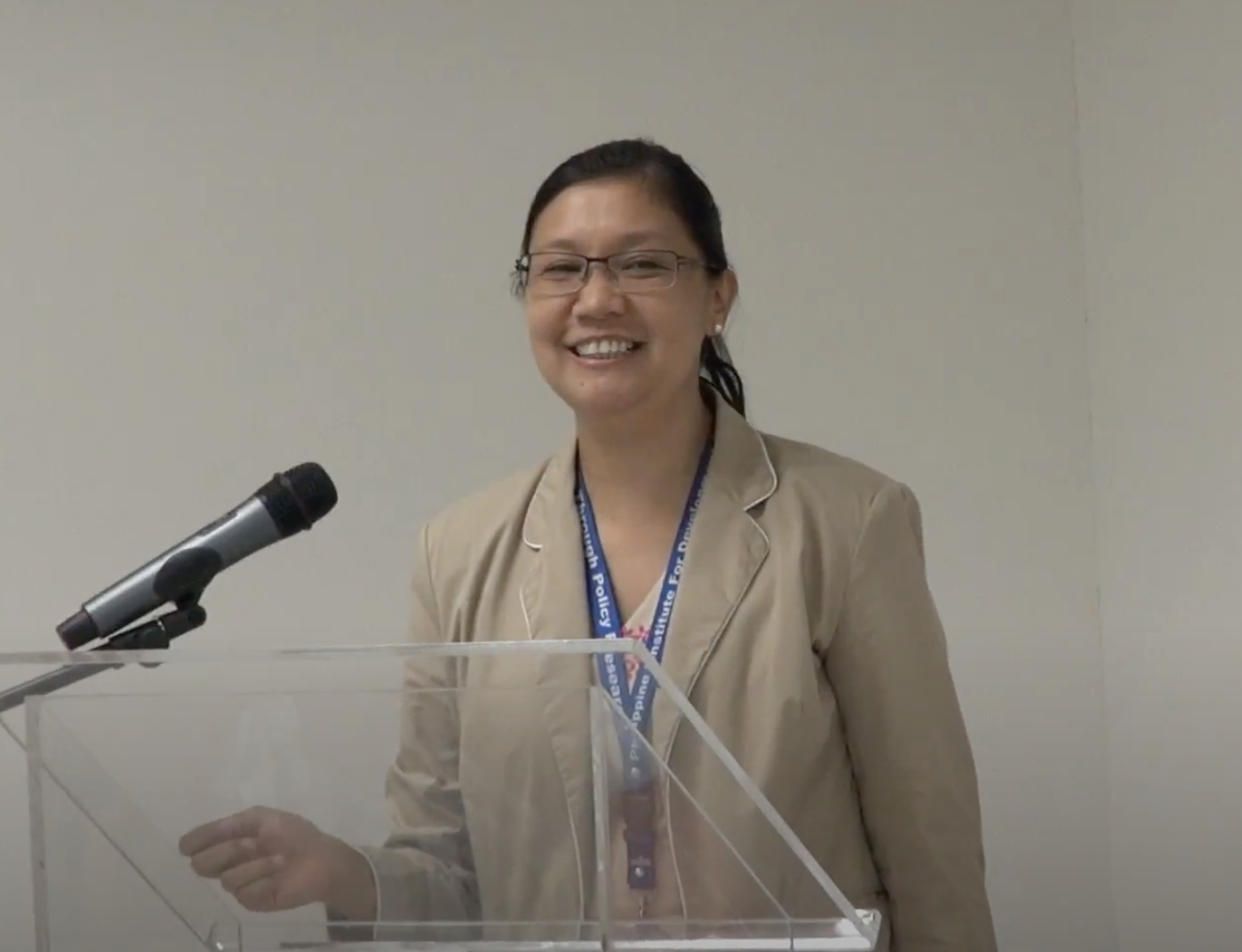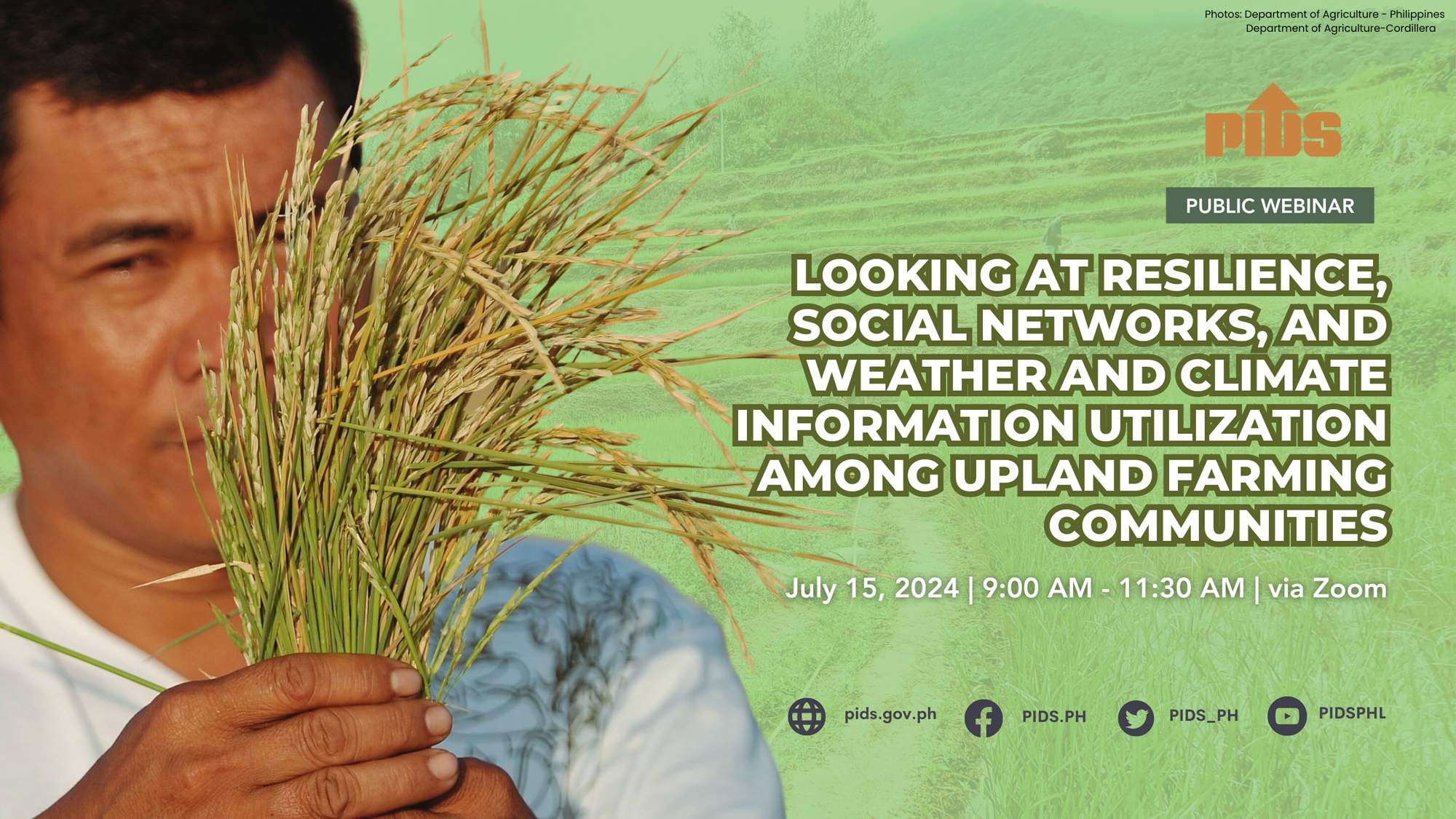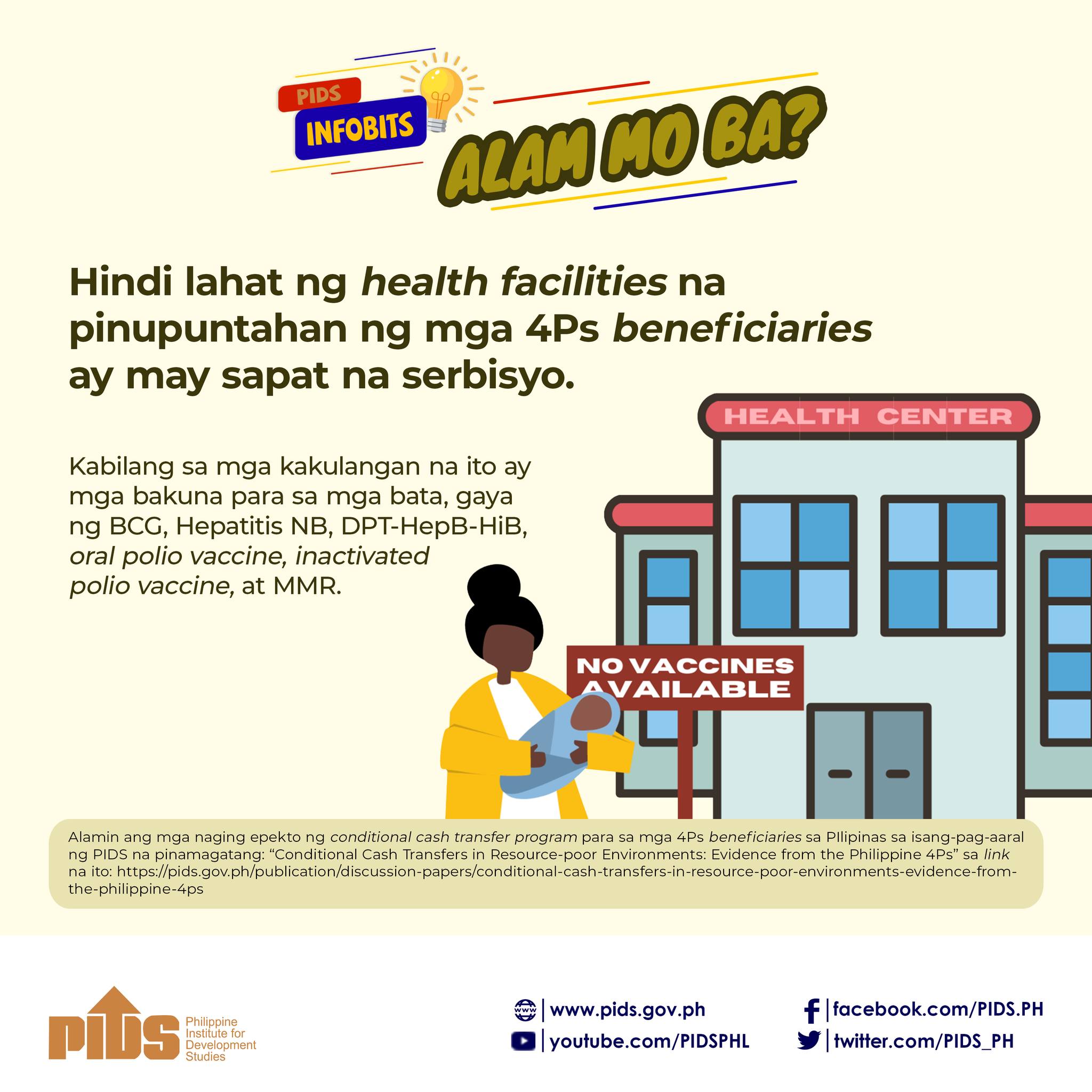Postharvest facilities (PHFs) have a positive impact in addressing losses and improving the marketing system for rice and high-value crops, said a new study from state think tank Philippine Institute for Development Studies (PIDS).
The study by Nerlita Manalili, Kevin Yaptenco and Alessandro Manilay, authors and PIDS research consultants, assessed the impacts of rice processing centers (RPCs), flatbed dryers and threshers and food terminals.
But while the study found the PHFs as worthy of government investments, a regular and thorough review should still be carried out to determine their further impact.
"The main objective of the RPCs is to increase farmers’ income through the production of good-quality milled rice and the reduction of postharvest losses.
The RPCs achieved these expectations. More benefits can be realized if capital for paddy procurement can be increased,” according to the report of the authors sent to select reporters, including The Daily Tribune.
The study underscored the need to increase the operating capital to P40 million to P80 million to allow RPCs to scale up procurement.
To be able to accommodate the increased volume, additional cargo trucks of mixed sizes must be provided to each RPC for timely pickup of harvested paddy and delivery of milled rice.
However, the study stressed that the release of additional funds and inputs by the government should be subject to performance evaluation of each facility such as good quality of milled rice products, healthy financial standing of the RPC, and positive impact of the RPC on rice farmers.
Further, the study recommended further improvement in the design, fabrication and use of flatbed dryers nationwide.
It stressed that thorough evaluation of project beneficiaries and proper site selection should be conducted to maximize the use of dryers and recover public investment through reduced postharvest losses and improved product quality.
For existing food terminals, it pushed technical improvements such as better lighting and mechanized handling to help reduce
physical damage to fragile produce, labor requirements and workers’ injury.
To ensure maximum utilization of municipal food terminals, a survey of existing food terminals and wet markets is suggested during the planning stage of a new project.
"Facilities established and maintained with scarce government funds and without properly trained personnel result from poor and shortsighted planning,” the study further said.//











